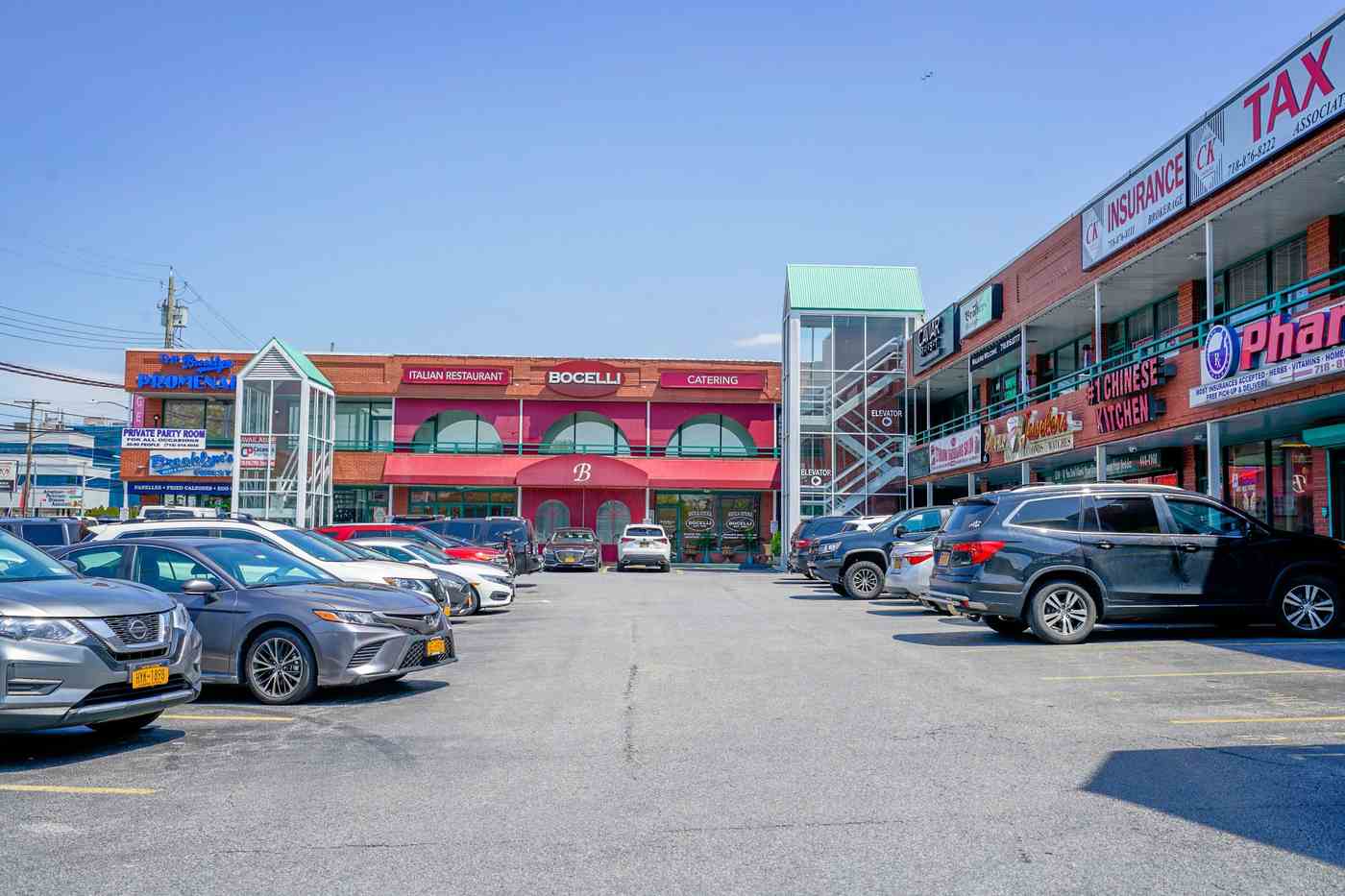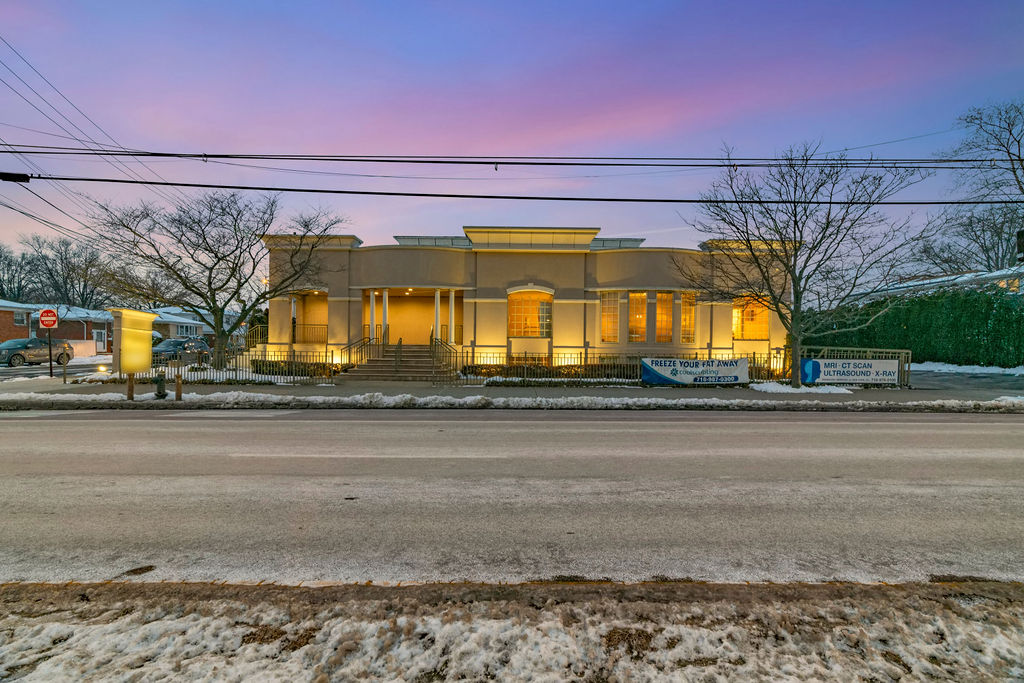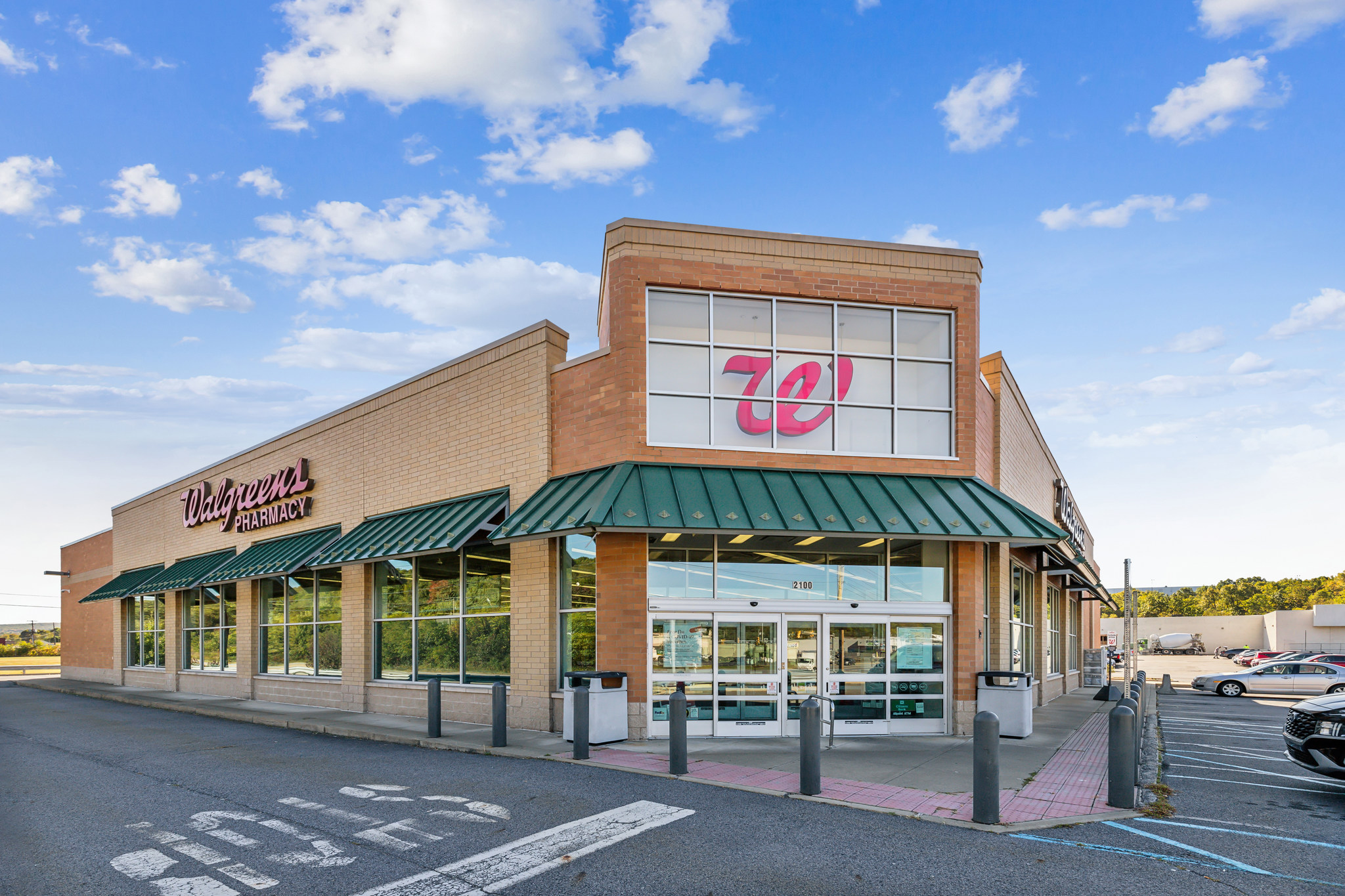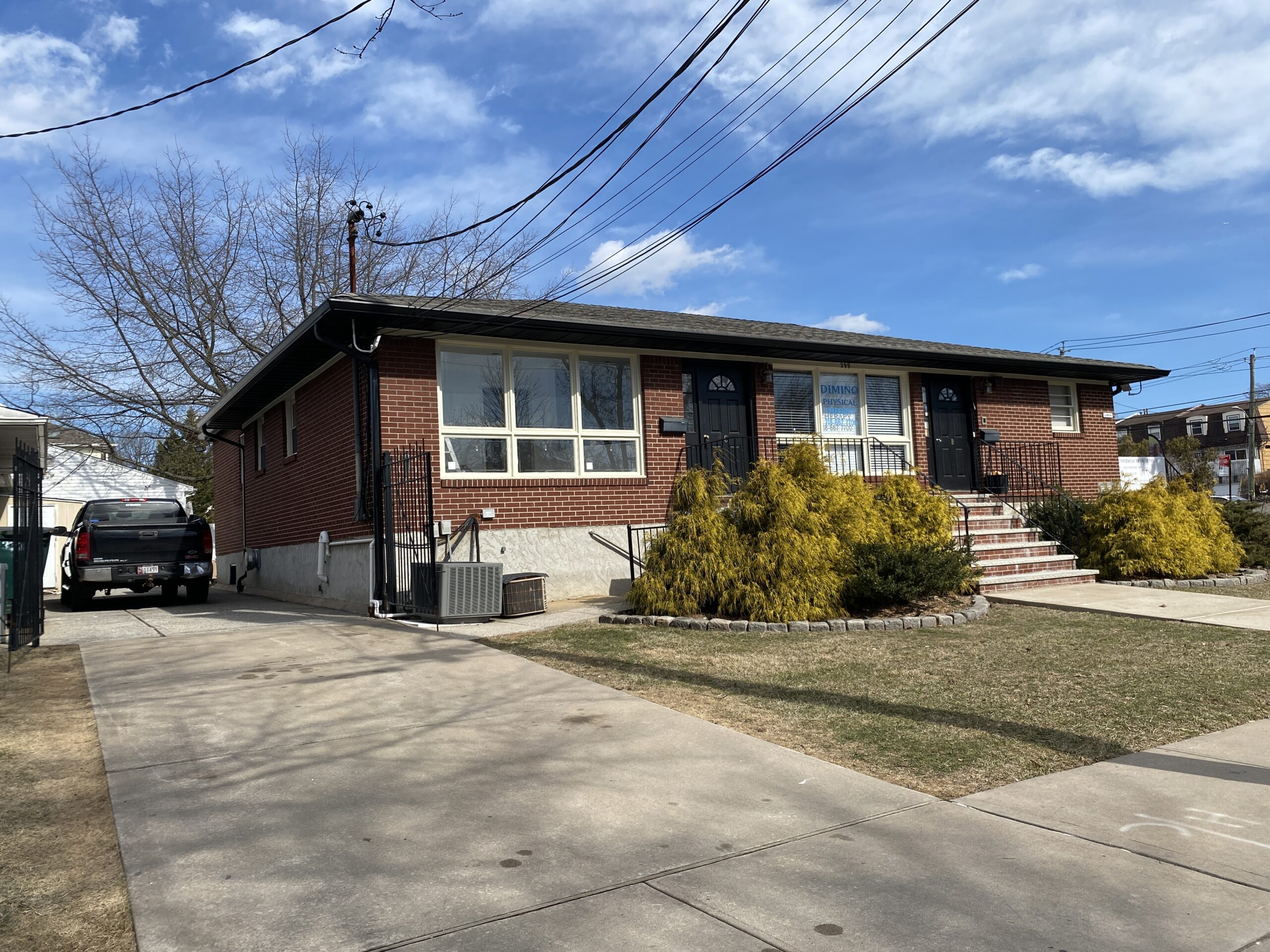The most common type of net lease is the NNN Lease (Triple Net Lease). In a triple net lease, the tenant is responsible for paying a base rent plus the net property tax, net insurance, and net common area maintenance items (CAMS), hence the name triple net. This net amount is based on the amount of space that the tenant occupies. For example, a tenant that occupies 30% of the entire space would pay 30% of the insurance, property taxes, and CAMS. This lease is common in standalone commercial buildings and in retail setting. Because triple net leases can vary the cost of rent for tenants, it can be difficult for businesses to forecast expenses in full detail.

Since the rent can fluctuate in a triple net lease, based on changing operation costs, it is important for tenants in a triple net lease to negotiate caps on the amount that rent can be raised per year. There usually is a level of transparency between landlords and tenants in triple net leases that allows tenants to realize savings when operation expenses decrease. In most cases, having a triple net lease increases the tenant’s level of responsibility for the space.
What Does the Landlord Pay In a Triple Net Lease?
The landlord in a triple net lease is responsible for paying the property’s mortgage as well as any finance fees and interest associated with it. The property’s insurance will also fall under the responsibility of being paid for by the landlord. Structural maintenance will mostly be part of the landlord’s responsibilities to take care of in this type of lease contract. Roofing, outside walls, and any utility repairs fall under this type of maintenance.
Triple Net Lease vs Gross Lease
As explained above, the triple net meaning is when a tenant is responsible for paying the base rent and all other expenses that go into the property. This differs from a gross lease. In a gross lease, the landlord is responsible for all expenses associated with the space including property taxes, insurance, and maintenance, while the tenant has a fixed rental payment. Typically, a landlord will charge a rental amount that reasonably could cover all of these expenses.
For more information contact Casandra Properties at 718.816.7799 or info@CasandraProperties.com.







Leave a Comment